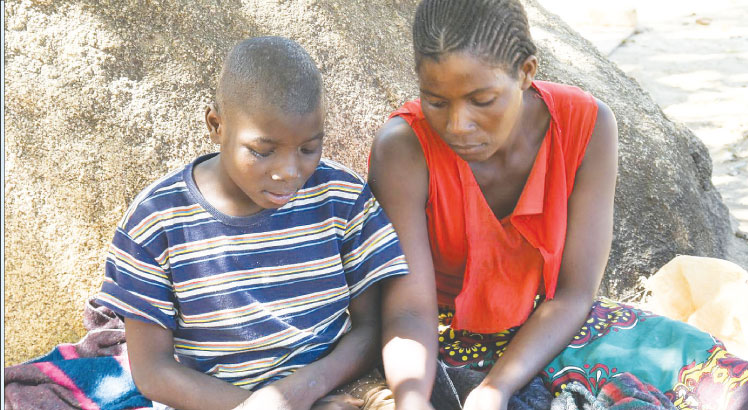March 2023 marked a year since Malawi began battling against its worst cholera outbreak that has killed over 1 600 of more than 55 000 patients. More than 12 000 children have contracted cholera, with 197 killed.
The 3.07 percent fatality rate is three times higher than the World Health Organisation’s global.
The outbreak makes no sense in a country where 87.9 percent of the population have access to improved sources of drinking water and 80 percent have access to improved sanitation, according to the 2022 Voluntary National Review Report on the Sustainable Development Goals (SDGs).
These figures belie a more fragile infrastructure decimated by cyclones that have killed hundreds of people and destroyed property, including water, sanitation and hygiene (Wash) facilities.
Water quality in Malawi has long been a constant concern, especially in high-density urban areas.
Recent tests by Lilongwe Water Board (LWB) in the country’s capital city found that the water is contaminated with bacteria found in human or animal waste, making it unsafe for humans. The waste was from pit latrines.
While some investments have been made to improve water and sanitation access, these cannot withstand the impacts of climate change.
Government assessments indicate that 54 000 latrines and 340 boreholes were destroyed by Cyclone Ana in January 2022.
The World Bank estimates that during cyclones Idai in March 2019, about 190 000 sanitation units were damaged and 211 000 people were left with restricted water access.
The gains made to achieve SDG6 targets on water and sanitation for all are being eroded, according to the Global Water Leadership (GWL) Programme being implemented in Malawi by the Global Water Partnership (GWP) and Unicef with funding from Foreign, Commonwealth and Development Office.
In Malawi, GWP is working with government to identify strategies to increase investment in climate resilient water and sanitation infrastructure.
A 2022 Snapshot of Malawi’s Water and Climate Resilience Status developed by GWP and Unicef shows that public financing for recurrent water expenditure and development resources is low, affecting implementation of the country’s Wash agenda.
Unicef noted that capital projects, mostly donor-funded, disproportionately account for over 90 percent of Wash resources at the expense of recurrent investments in operations, maintenance and salaries.
Malawi Government needs to balance and sustain functionality of water and sanitation facilities which require a greater investment than the current 0.081 percent of GDP.
There was, however, a 200 percent increase in the 2022/23 Wash budget to $155 billion. Stakeholders hope that this trend will continue for Malawi to end the cholera outbreak.
At the moment, Unicef has appealed for $52.4 million for the cholera fight.
According to Minister of Finance and Economic Affairs Sostein Gwengwe, the World Bank will contribute $145 million towards a project expected to increase access to improved water supply and safely managed sanitation services in Blantyre City, one of the major cholera hotspots.
In Africa, over 300 million people have no access to clean drinking water and over 700 million live without good sanitation.
Financing water is generally a low priority in most African countries, amounting to about $10 to $19 billion per year.
This is the reason the Continental Africa Water Investment Programme is seeking to mobilise at least $30 billion annually to meet SDG6 and the continent’s water-related socio-economic needs.
Improving access to clean drinking water and sanitation is the sure way to improving the health of nations and prevent the spread of communicable diseases such as cholera.
With only seven years before the 2030 SDGs mark, we cannot continue to lose lives to a preventable disease such as cholera.
We need more financing for climate-resilient water and sanitation infrastructure.
The post Cholera bares low investment in water first appeared on The Nation Online.
 Moni Malawi
Moni Malawi 

